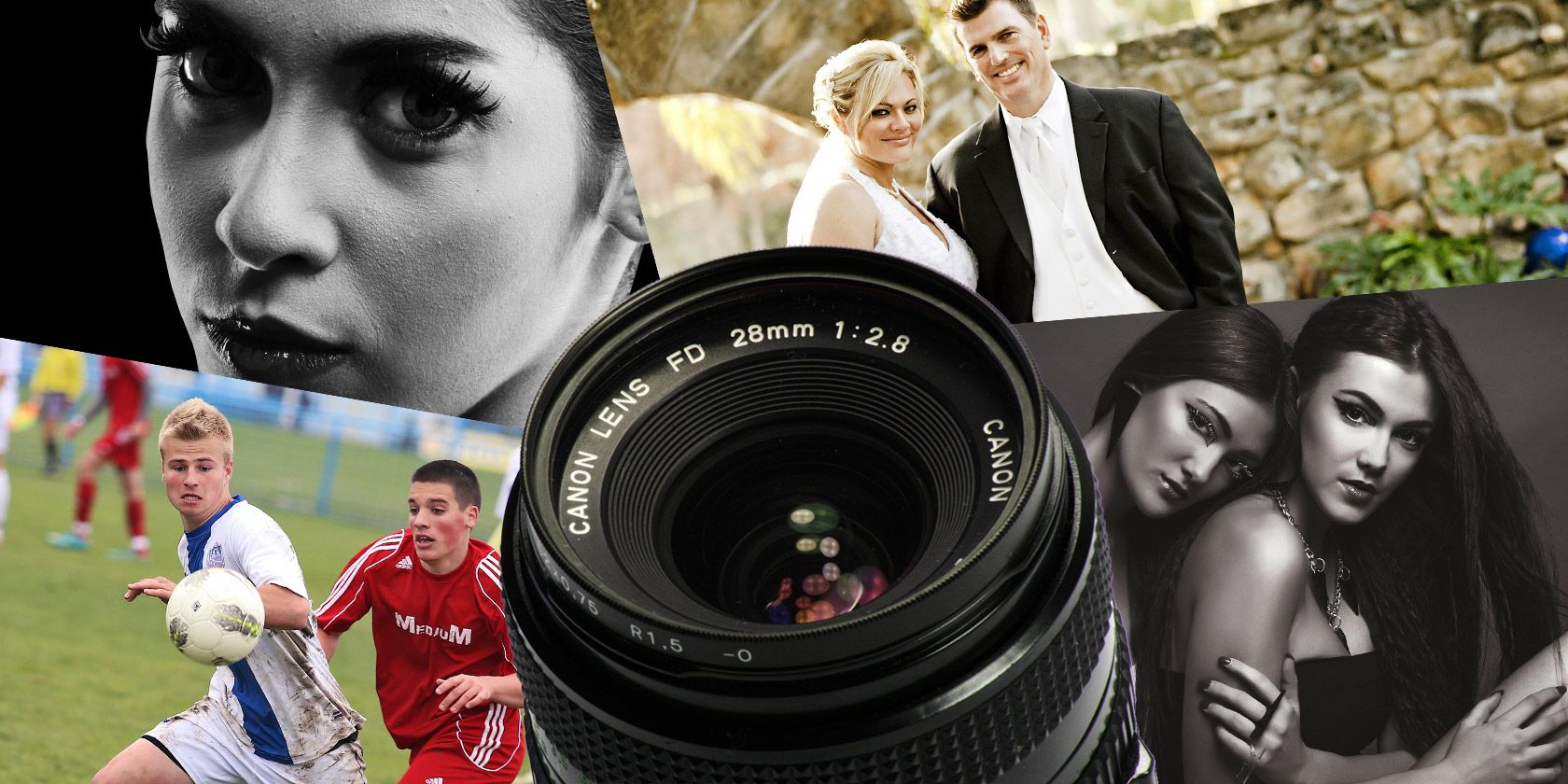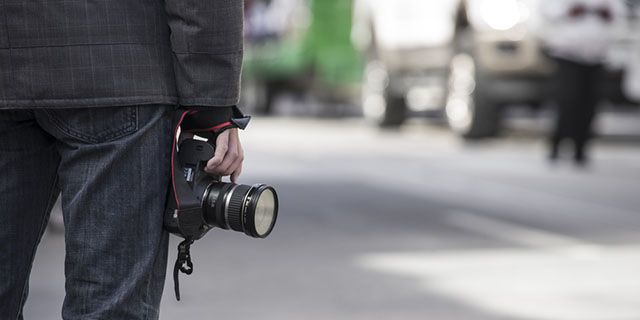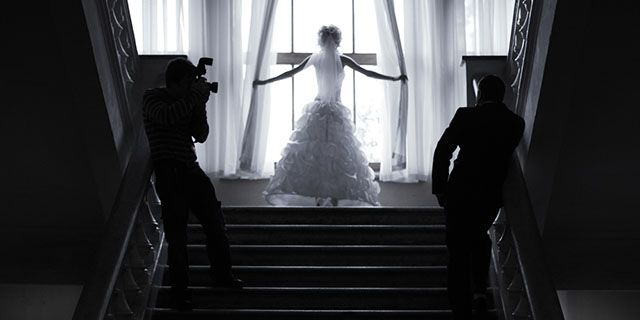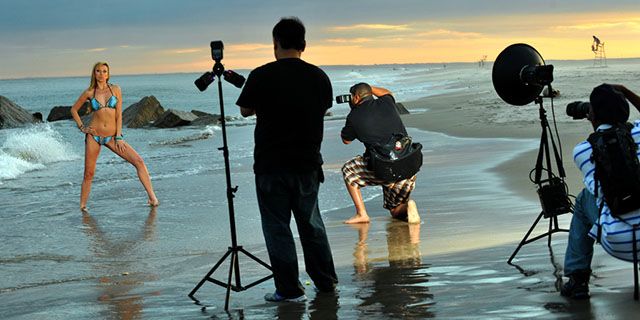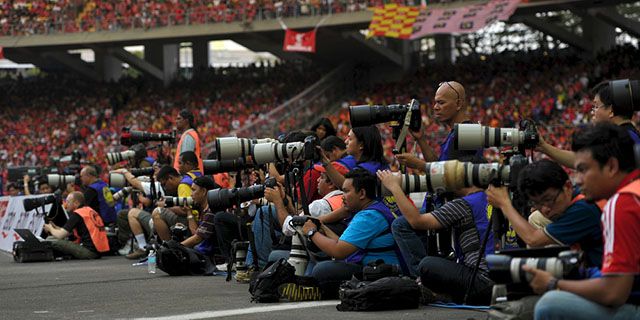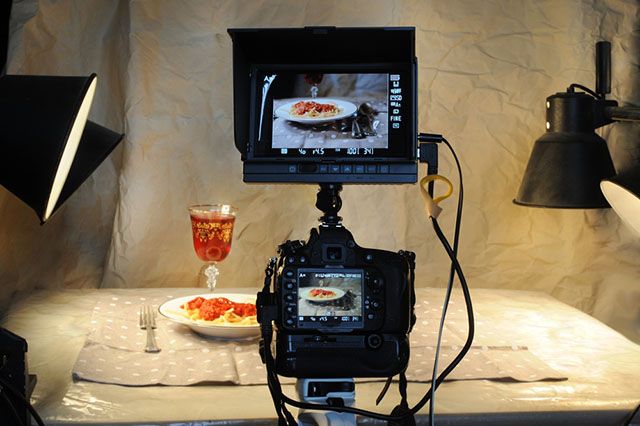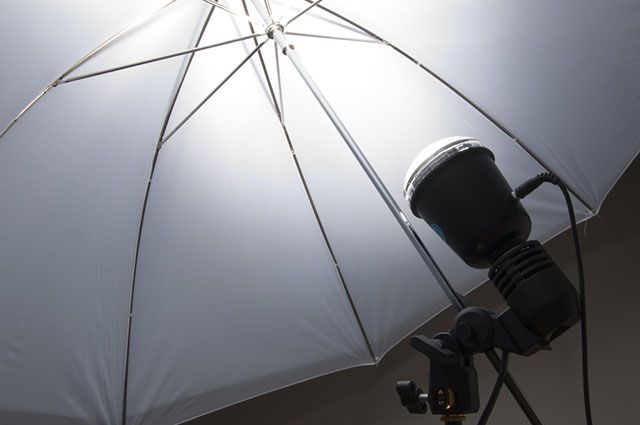It has never been easier to make money as a photographer. Then again, when seen from another angle, it has never been more difficult. It really depends on what you want to do and what your expectations are.
Want to make some money with your brand new DSLR camera and your kitted out photography gear? Then we've got good news: whether you only have one year or 10 years of experience, you have options.
There are numerous paths you could take, ranging from the obvious (e.g. weddings and portraits) to lesser-known alternatives (e.g. sports and food). The hard part is deciding which one of these paths you're going to invest in.
Here's what you need to keep in mind when making that decision.
How Profitable Is Photography?
Let's be clear about one thing right off the bat: to make money with photography, you have to approach it as a business. Yes, photography is all about creativity and style, but even the most imaginative mind can still fail to generate an income.
On the flipside, plenty of photographers make a living with mediocre skills.
As such, it's entirely possible for you to pursue one (or all) of the following photography career paths only to end up earning an income that's far below minimum wage. Or you could hit it big and rake in six figures every year.
In order to make money with photography, you must come to terms with the fact that you're essentially becoming a self-employed business. There are no hourly rates. Income is never guaranteed. It's a high-risk-high-reward scenario, and not everyone can stomach such pressures.
You might command a rate of $5,000 per wedding event, but if you only manage to book one wedding every year, then you're earning a pittance. Then again, if you have a small studio for $50 headshots but you're booked around the clock, you'll be swimming in cash.
How profitable is photography? It depends. Your location, your potential clientele, your charisma and marketing skills -- they all play an integral role. But most importantly, it depends on how badly you want it. The more you put in, the more you'll get out of it.
Therefore, choose the path that lines up best with your passion and vision. Don't go for the high-dollar events just because you can make "thousands in one night". Go for the path that makes you excited to wake up and shoot.
Wedding Photography
When it comes to making cash with a camera, wedding photography is often seen as the ideal path. There's a level of glamour and prestige associated with it that doesn't really carry over into other photography disciplines, except for perhaps fashion photography.
Sounds lucrative, right? It is! But wedding photography has the most "gotchas!" of all photography careers. It certainly isn't for everybody.
Why You'll Love It
The big paycheck. If you've tried to hire a photographer for your own wedding, you know how expensive it can be. In my area, the bare minimum is somewhere around $1,500 to shoot the ceremony and reception. The average is closer to $4,000 while in-demand photographers can charge in excess of $10,000.
Event luxuries. Most weddings are classy and extravagant. As a photographer, you get to enjoy the grandeur of the weddings you shoot -- maybe not as comfortably as an actual guest, but it's still a wonderful experience. And, depending on your client, you get to eat the food too.
People are always getting married. No matter where you are in the country, you'll always have available clientele. The amount they're willing to pay will change based on location, of course, but you can rest assured that your industry won't disappear overnight.
Meaningful and satisfying. You aren't just "taking photos at a wedding". You're capturing moments and memories for the bride and groom. Decades from now, they will look at the photos you shot and smile. Wedding photos are meaningful, and being able to serve others in this way is an incredibly satisfying endeavor.
Why You'll Hate It
You only get one chance. Weddings are, for the most part, once in a lifetime events for the bride and groom. If you fail to capture a critical moment, there are no mulligans. No do-overs. If you mess up, you may potentially ruin their wedding memories.
If you aren't comfortable enough to use your camera blindfolded and adjust it in seconds while on-the-fly, you aren't ready for weddings.
Intense levels of stress. Be prepared to be yelled at -- if not by the bride and groom, then by relatives and other wedding party members. Not that every wedding will be a chaotic affair, but they aren't uncommon either (as unfortunate as that may be). The ability to stay cool-headed and professional is paramount.
Ever wonder why wedding photographers charge so much? This is one of the bigger reasons. Bad clients are a nightmare.
Lots of competition. A lot of photographers look to weddings for big money, which means you'll have a ton of competition. Why should someone hire you for $5,000 against that other photographer down the street who only charges $3,000?
Again, it's a business. You need to make yourself stand out and it won't always be easy, but the more experience and creativity that you have, the easier it will be.
Fashion Photography
Fashion photography should not be confused with glamour photography. Fashion is all about the clothes whereas glamour is all about the model. As such, it often involves some kind of contractor relationship with an apparel brand for marketing purposes.
Why You'll Love It
Shoot variety. Look through any magazine, catalog, or lookbook for fashion and you'll see a massive variety in settings. No two fashion shoots are ever the same, even if you're dealing with the same models and companies across multiple shoots. For those who hate routine, this is a big plus.
Artistic and emotional involvement. Fashion shoots can and do produce a lot of highly evocative images. You're trying to evoke an emotional response out of those who lay eyes on your photos, which will stretch your creative mind to the limit -- and that can be very fun.
Why You'll Hate It
Highly commercial. Every aspect of fashion photography ultimately leads into a singular goal: sell clothing. While there is a great deal of artistry involved, there's no greater meaning behind it (unlike wedding photography), so unless you take joy in the process of fashion photography itself, it's easy to burn out.
Working conditions. Logistically speaking, fashion shoots are tough. You'll likely work long stretches at a time (sometimes more than 8 hours at once) and not every location will be idyllic. Do you like shooting in the rain or snow? There's a good chance you'll have to at some point or other.
Sports Photography
When sports photography is mentioned, most minds jump directly to live events for national leagues like the NFL (National Football League), NBA (National Basketball Association), MLB (Major League Baseball), etc. It's possible that you'll reach that point eventually, but there are a lot of stepping stones along the way.
In any case, sports photography is fun, and that's true whether or not you're shooting professionals, semi-pros, or amateurs.
Why You'll Love It
Dynamic action. Most photographic endeavors involve a lot of setup, direction, and tweaking. Sports photography has none of that. The players are on the field and you're just capturing the action as it unfolds. It's hard to be bored when something is always going on.
Predictable schedule. Sports events are always scheduled ahead of time, which means you can always look ahead and plan your personal life around upcoming games. If you want some regularity as a photographer, sports generally offer that.
The sports narrative. Whether you're shooting at a national level or just for a local high school, you get to experience the emotional highs and lows of the sports narrative as it unfolds throughout the season. It's always a great feeling to be emotionally invested in your work.
Why You'll Hate It
Huge gear investment. Photography is somewhat expensive to begin with, but sports photography is on the upper end. Since you have to stay off the field, you'll need to take all of your photos from the sidelines, which means you're going to need a telephoto lens with a good range of zoom.
Unfortunately, zoom telephoto lenses that produce high-quality images are expensive. We're talking thousands of dollars for a single lens. One option is to rent for one-off events, but if you're going to do this for a living, you'll need to bite the bullet and invest a lot of money upfront.
Difficult skill requirements. In addition to all of the fundamental skills of photography, like lighting and exposure, you'll need some physical prowess as well, including fast reactions and hand-eye coordination. You must guide the camera to follow the action at all times.
And that's not to mention the weight of the camera gear itself: expensive telephoto lenses are heavy. It'll be mounted on a tripod most of the time, but relocating can be a pain in the neck -- and you'll probably need to relocate several times per event.
Product Photography
Product photography is much like fashion photography in that the end goal is to sell something. Unlike fashion, however, product shots tend to sacrifice creativity in favor of technical setups and lighting skills (though this isn't always the case).
Product shots cover all kinds of industries, ranging from alcohol to computer peripherals to luggage to cars. Even food photography can fall under this umbrella, depending on the context.
Why You'll Love It
Technical, technical, technical. Product shots are all about technique and manual skill. Every photon of light, every inch in positioning, every bit of background and foreground -- all of it matters. The client tells you what they want the shot to look like, and you make it happen.
This means there isn't much room for creativity or personal flair, unless the client asks for your input. If you love the technical aspect of cameras more than the artsy side, product shots may be right up your alley.
Why You'll Hate It
You have to stand out. The creative element in product photography comes from the fact that your shots need to stand out as unique from all other product photographers. Since it's such a technical job, anyone can learn to do it; therefore, you have to be the best.
Meeting client expectations. Keeping a client happy is never an easy thing to do, and that's true whether we're talking about photography or not. But when it comes to product shots, clients tend to have much higher expectations and are less willing to compromise on the results.
Monotonous and repetitive. This comes with the territory of a highly technical skill. Many of the shoots will feel the same and run through the same motions, especially if you specialize in a particular kind of product or industry. Some won't be bothered by this, but for others, it's a big dealbreaker.
Portrait Photography
When in doubt, go for portrait photography. There are many kinds of portrait photography -- e.g. business headshots, senior photos for school, studio portraits -- but they all tend to play out in the same way: a client approaches, you set an appointment, get the shots, and that's it.
Why You'll Love It
Minimal gear investment. When shooting portraits, you can get by with very little gear, relatively speaking. You can start your business with as little as one camera and a couple of speedlight units. Umbrellas, softboxes, and other peripherals are useful but aren't absolutely necessary.
Meet a lot of people. Every client is a new relationship. It's impossible to do portraiture "from a distance", which is great if you love meeting new people. The whole process will net you a lot of new friends, especially if you produce good work and maintain a professional demeanor.
Self-driven and self-employed. In other disciplines like wedding and product photography, your client is your boss. In portraiture, the client is less of a boss and more like a service customer. You have more space to exercise your authority and expertise as a photographer.
Why You'll Hate It
Charisma required. It's one thing to take photos of things and another to take photos of people. Most people aren't comfortable posing for a shot, and portraiture clients are often everyday people who have no modeling experience or aspirations.
As such, it'll be your job to make them comfortable, and that will involve a lot of patter, small talk, and words of assurance, but the most important thing is to be likable. You don't have to be their friend, but you have to seem like you could be their friend.
Clients who like you will promote you through word of mouth and will return to you for future business. If you lack that charisma, your business will flounder.
No prestige or fame. Do you know of any world-famous high school senior portrait photographers? World-famous headshot artists? World-famous portrait studios? Maybe, but probably not. It's not the kind of photography that inspires awe.
Even within the photography community, portraiture is sometimes seen as a lesser endeavor. "Real" photographers are out there capturing the essence of humanity whereas portraits are mundane. In a lot of ways, portraiture can feel like "selling out".
If that bothers you, then this probably isn't the right path for you. However, portrait photographers tend to be the quickest to realize that photography is a business, and thus end up making a lot of money. Is that the same as selling out? Only you can decide.
Which Path Is Right for You?
No matter which path you take, you're going to run into advantages and disadvantages. Sometimes the problem is a barrier to entry (e.g. high gear investments), other times the problem is personality-related (e.g. social anxiety).
The only constant is that every path can net a lot of money, or none at all. So, my advice? Choose the one that inspires the most passion in you.
To get you on your way, check out the best online photography courses for beginners.
Image Credits: Man With A Camera Via Shutterstock, Wedding Silhouette Via Shutterstock, Beach Fashion Shoot Via Shutterstock, Telephoto Sports Lenses Via Shutterstock, Food Photography Setup Via Shutterstock, Studio Strobe Umbrella Via Shutterstock

